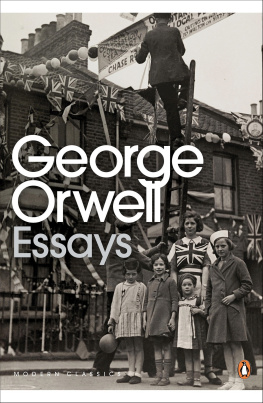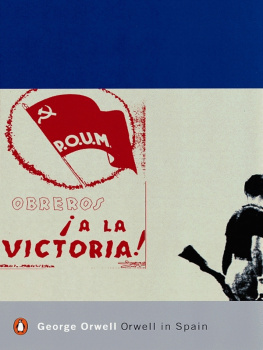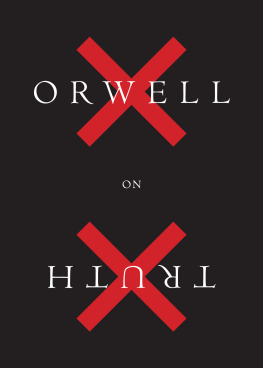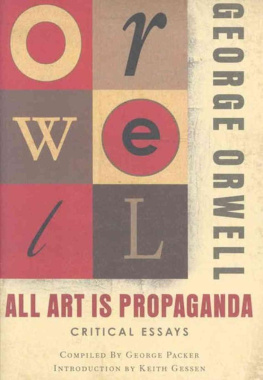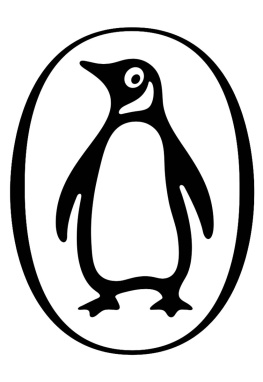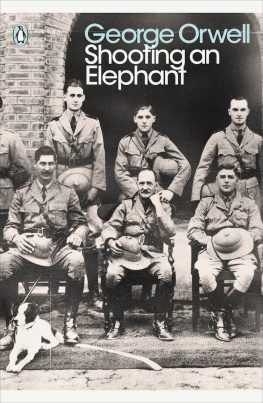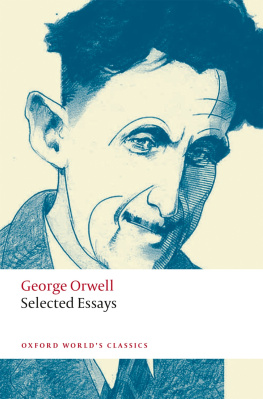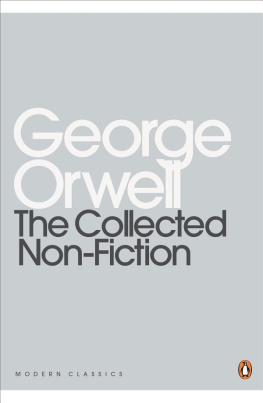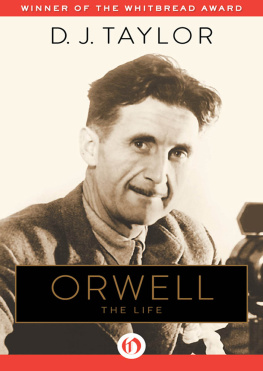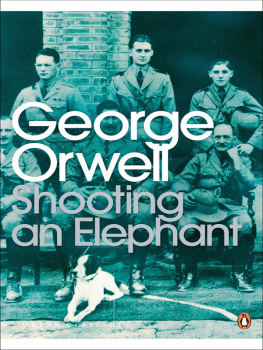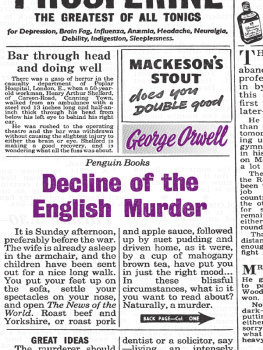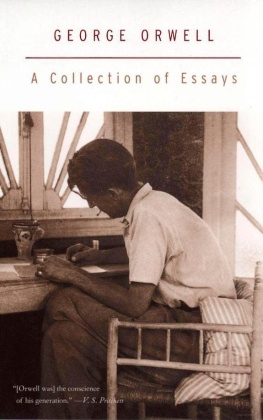He just wanted a decent book to read
Not too much to ask, is it? It was in 1935 when Allen Lane, Managing Director of Bodley Head Publishers, stood on a platform at Exeter railway station looking for something good to read on his journey back to London. His choice was limited to popular magazines and poor-quality paperbacks the same choice faced every day by the vast majority of readers, few of whom could afford hardbacks. Lanes disappointment and subsequent anger at the range of books generally available led him to found a company and change the world.
We believed in the existence in this country of a vast reading public for intelligent books at a low price, and staked everything on it
Sir Allen Lane, 19021970, founder of Penguin Books
The quality paperback had arrived and not just in bookshops. Lane was adamant that his Penguins should appear in chain stores and tobacconists, and should cost no more than a packet of cigarettes.
Reading habits (and cigarette prices) have changed since 1935, but Penguin still believes in publishing the best books for everybody to enjoy.We still believe that good design costs no more than bad design, and we still believe that quality books published passionately and responsibly make the world a better place.
So wherever you see the little bird whether its on a piece of prize-winning literary fiction or a celebrity autobiography, political tour de force or historical masterpiece, a serial-killer thriller, reference book, world classic or a piece of pure escapism you can bet that it represents the very best that the genre has to offer.
Whatever you like to read trust Penguin.
www.penguin.co.uk
Join the conversation:
Twitter Facebook



George Orwell
Essays
PENGUIN BOOKS
IN ASSOCIATION WITH
Martin Secker & Warburg
PENGUIN BOOKS
George Orwell: Essays
Eric Arthur Blair (George Orwell) was born in 1903 in India, where his father worked for the Civil Service. The family moved to England in 1907 and in 1917 Orwell entered Eton, where he contributed regularly to the various college magazines. From 1922 to 1927 he served with the Indian Imperial Police in Burma, an experience that inspired his first novel, Burmese Days (1934). Several years of poverty followed. He lived in Paris for two years before returning to England, where he worked successively as a private tutor, schoolteacher and bookshop assistant, and contributed reviews and articles to a number of periodicals. Down and Out in Paris and London was published in 1933. In 1936 he was commissioned by Victor Gollancz to visit areas of mass unemployment in Lancashire and Yorkshire, and The Road to Wigan Pier (1937) is a powerful description of the poverty he saw there. At the end of 1936 Orwell went to Spain to fight for the Republicans and was wounded. Homage to Catalonia is his account of the civil war. He was admitted to a sanatorium in 1938 and from then on was never fully fit. He spent six months in Morocco and there wrote Coming Up for Air. During the Second World War he served in the Home Guard and worked for the BBC Eastern Service from 1941 to 1943. As literary editor of Tribune he contributed a regular page of political and literary commentary, and he also wrote for the Observer and later for me Manchester Evening News. His unique political allegory, Animal Farm, was published in 1945, and it was this novel, together with Nineteen Eighty-Four (1949), which brought him world-wide fame.
George Orwell died in London in January 1950. A few days before, Desmond MacCarthy had sent him a message of greeting in which he wrote: You have made an indelible mark on English literature you are among the few memorable writers of your generation.
Bernard Crick is Emeritus Professor of Birkbeck, the University of Londons college for mature part-time students. He took early retirement in 1984 to live in Edinburgh and interest himself in British Isles questions. Born in 1929, he was educated at University College London, the London School of Economics and Harvard. He lived for four years in North America before teaching at the LSE and then Sheffield University. His books include The American Science of Politics; the widely translated In Defence of Politics (Penguin 1964; revised edition, 1993); George Orwell: A Life, which was the Yorkshire Post Book of the Year for 1980; and Political Thoughts and Polemics. Joint editor of the Political Quarterly from 1965 until 1980, literary editor from 19912000, he has written for the Observer, the Guardian, the New Statesman and the Independent, and was chairman in 1998 of the government advisory committee whose report led to making Citizenship a new subject in the English national curriculum.
The footnotes in this edition are taken from the four-volume Collected Essays, Journalism and Letters of George Orwell edited by Sonia Orwell and Ian Angus.
Introduction: An Essay
The American critic Irving Howe has called Orwell the greatest English essayist since Hazlitt, maybe since Dr Johnson. So an introduction was perhaps always needed to this fine collection of Orwells longer, major essays and well-judged selection of the many shorter ones, if only to show that they are not merely pleasant appendages to his real books, but may well constitute his lasting claim to greatness as a writer. Orwell needs to be read as, at least, a considerable figure in this once-famous and specifically English tradition or genre of writing even if behind all the English writers lurks the speculative curiosity of the benign father-figure of the essay, Michel de Montaigne, and his first great translator into English, John Florio. Even in Orwells lifetime two books of his essays were published, though it was easier to publish essays then than now. To argue the primacy of his essays may release some guilt and puzzlement among many who believe that Orwell is a great figure but cannot honestly say that any one of his books measures up to his fame.
Kipling asked What should they know of England who only England know? Lecturing to teachers of English in Czechoslovakia and Poland shortly after the collapse of Soviet power, I was moved to ask What do they know of Orwell who only Animal Farm and Nineteen Eighty-Four know? But Orwells two last books, satires of very different kinds although fully consistent in meaning, almost alone gave him his international fame. Both books were promptly translated into many languages, and samizdat translations and smuggled copies were circulated in Poland, Czechoslovakia, Hungary and the Soviet Union. Orwell even wrote an introduction for a Ukrainian translation of Animal Farm in 1946 explaining his intention and who he was. Moreover, thanks to its reputation as a model of English plain style, Animal Farm soon became a set book for the advanced level examination of the Cambridge Proficiency in English Language, and so was openly used in language schools in South American dictatorships and throughout Africa. The censors read the text as though the pigs represented Russian Communism and nothing else, but students in Chile had no doubt that their General Pinochet was a big pig too, and in grim Paraguay resemblances between Napoleon and General Stroessner were silently noted. An Arab dissident imprisoned in Zanzibar in the 1960s by President Julius Nyerere spent part of his time inside translating

